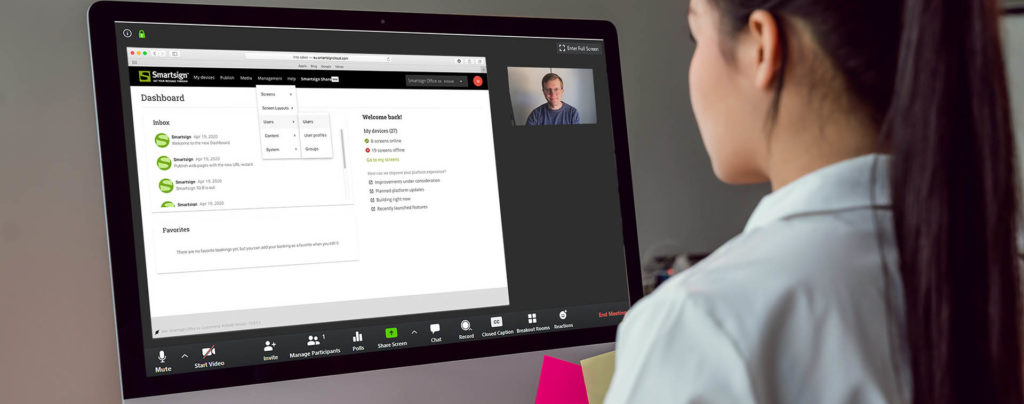If you are in digital marketing, the mantra “Content is King” is synonymous with our daily work life, and it becomes a daily driver for what we do and why we do it. Yet, given the amount of content available today, I believe that; context is as important or more important than the content itself, especially in the QSR, Big Box, Brick and Mortar Retail verticals.
Looking back at its origins from January 1996, when Bill Gates first published his now-famous essay “Content is King” on the Microsoft website, he went on to state that “Content is where I expect much of the real money will be made on the Internet, just as it was in broadcasting” and he was right.
We are being bombarded by digital content every minute of the day in today’s world. The average person spends approximately 145 minutes on social media platforms daily and a whopping 6.3 hours per day on average consuming digital media. It is not just the “content that is king” anymore, but the “context” of that content that rules.
For your message to be read, it needs to have value, which is in its context. Given all this time online and the sheer volume of content available, if you do not give it your content context, it is just not going to be heard or seen. To frame it in 2022: “Content is King, but Context is Key.”
How important is context in digital marketing?
My version of context in the digital marketing space would be coined from a familiar phrase, “In the right place at the right time.” Well, that’s context over content. Placing the right content in front of the right audience at the right time is the best way to understand the importance of context.
One of the best explanations of this, which I found makes it very clear was published by Hubspot:
“Let’s use a spelling bee as an analogy here. If a judge asks a kid to spell the word “pour,” he might want to ask a lots of questions to get more context before answering: What’s the part of speech? What’s the definition? Can you use it in a sentence, please?
Answers to those questions all provide context that helps paint a clearer picture of the word he’s trying to spell. And it’s important context, too! Why? Because the word “pour” is different than the word “pore” — or “poor.”
Summary
So while there’s no doubt that good content is critical, giving your content context has become crucial in reaching the consumer. Adopting a process where your content has the proper context will lead to several key benefits:
- Increase in conversion rates (e.g., sales)
- Better quality lead generation
- Increased customer retention, loyalty, and advocacy
My experience as a digital marketeer has taught me the importance of having proper context to make your message be heard or seen. Content is still King, but you need to give you audience an understanding of Who, What, When, Where and Why.
 Mike Gopal
Mike Gopal
Smartsign sales, Middle East
mike.gopal@smartsign.se
Follow Mike on LinkedIn






